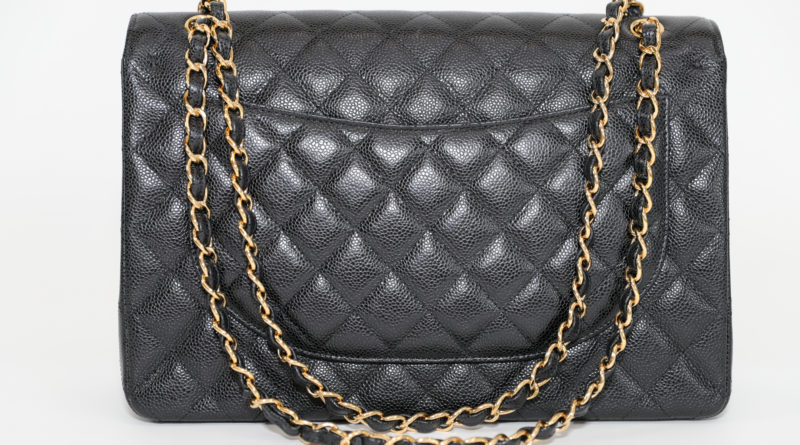Karl Lagerfeld’s Legacy Lives On — But Not In All Good Ways
1,192 total views, 2 views today
Iconic fashion designer Karl Lagerfeld died Feb. 19 at age 85. Lagerfeld was as recognizable for his signature look as he was known for his work as creative director for Chanel. He was also known to make comments that insulted and marginalized women and fat people.
Headlines that emerged in the wake of Lagerfeld’s death ran the gamut from high praise to implied condemnation. CNN Style’s headline for its coverage of Lagerfeld’s death was about as kind an obituary as one could ask for: “He wasn’t just the savior of Chanel. Karl Lagerfeld redefined fashion.” Vox, on the other hand, pulled no punches with its headline: “Karl Lagerfeld’s long history of disparaging fat women” preceded a subtitle directly quoting a Lagerfeld comment that many have seen as fat-phobic and misogynist: “No one wants to see curvy women.”
In a statement issued to CNBC, Chanel opted to focus entirely on Lagerfeld’s upheaval and improvement of the brand, which is among the most renowned in high fashion. “Karl Lagerfeld reinvented the brand’s codes created by (founder) Gabrielle Chanel,” says the statement, which continues by listing Chanel’s codes: “the Chanel jacket and suit, the little black dress, the precious tweeds, the two-tone shoes, the quilted handbags, the pearls and costume jewelry.” Similarly, CNN Style referred to Lagerfeld as “the most recognizable dandy of our time.”
As his inflammatory remarks go, Vox is unsparing in its recounting of Lagerfeld’s history of making sordid comments about women and fat people. According to Vox, “Lagerfeld was among the few designers who actively defended the unspoken practice of hiring exclusively rail-thin models to walk in shows and pose for campaigns.”
Lagerfeld’s targets extended beyond just stereotype-based images of people. In 2012, he directly targeted Adele: He called the world-famous singer “a little too fat” to much controversy and backlash. More recently, he targeted an entire women’s movement: not even a year ago, in an interview with Numéro, he took on the #MeToo movement by defending a stylist, Karl Templer, about whom the movement had uncovered a pattern of sexual misconduct. Regarding the allegations against Templer, Lagerfeld blamed not Templer, but the models whose underwear Templer removed without their consent: “If you don’t want your pants pulled about, don’t become a model! Join a nunnery, there’ll always be a place for you in the convent.”
This comment, which drew the ire of Rose McGowan and other prominent voices within the #MeToo movement, is only the most recent of Lagerfeld’s offensive statements. Fast Company, upon Lagerfeld’s death, ran a list of 22 controversial things he said in his lifetime. The intersectional feminist website Wear Your Voice responded to his death with an article titled “Stop Mourning Oppressors: Anti-Condolences For Karl Lagerfeld.” Although the headline speaks for itself, Wear Your Voice’s characterization of Lagerfeld is remarkable: “an islamophobic, racist, misogynistic, fatphobic rape apologist, whose beliefs and political stances were ignored by millions for the sake of his wealth accumulation and impact as a designer.”
Surely, Karl Lagerfeld will be forever remembered for his bright white ponytail, signature suit and sunglasses, and revolutionizing of Chanel. But the ways in which he’s actively disparaged women and fat people may ultimately tarnish what might otherwise be a fine legacy.

